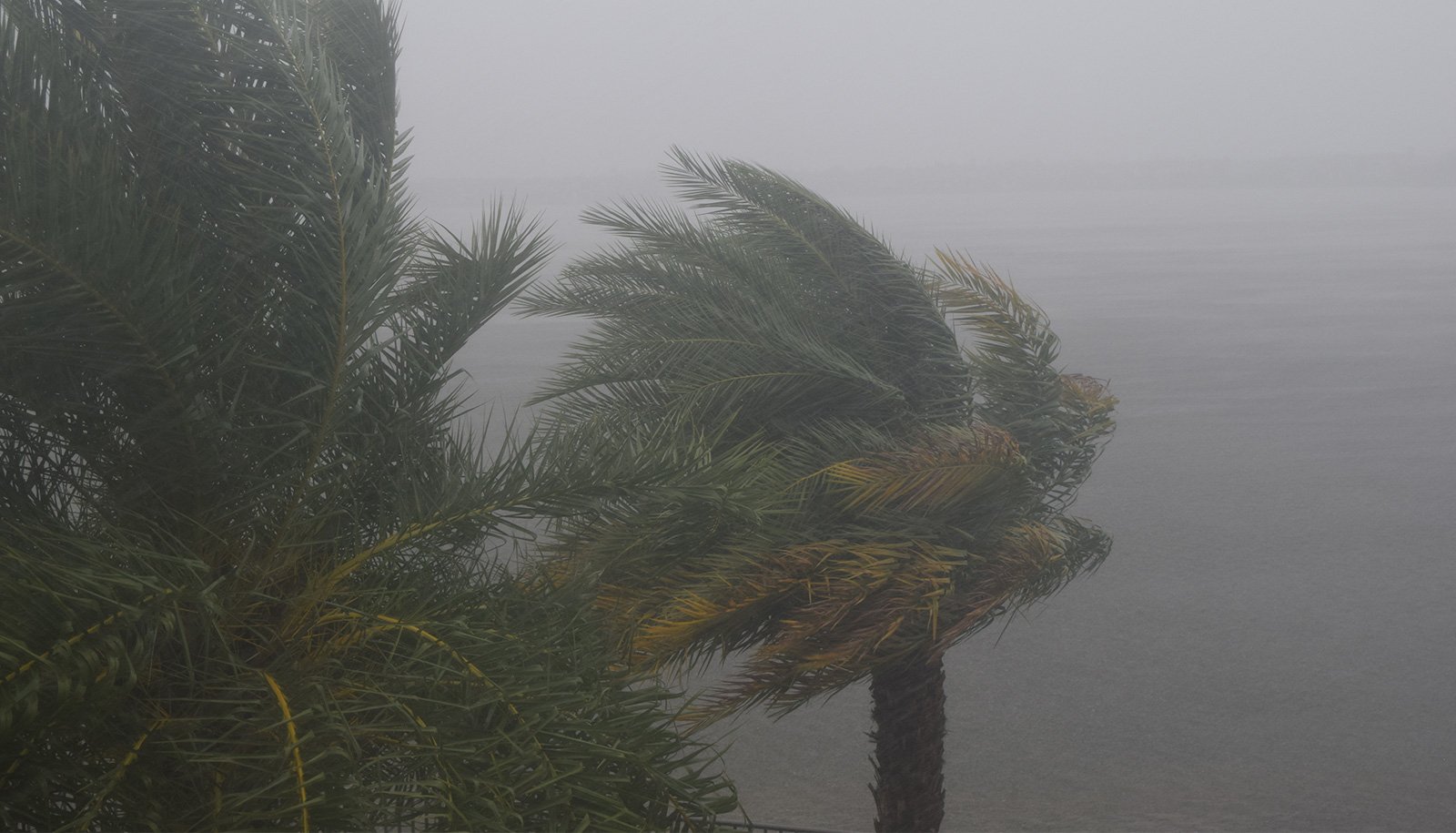As homeowners, we understand the importance of safeguarding our property against natural disasters. In this post, we will dive into windstorms, their impact on properties, and how insurance can provide financial protection against their destructive forces.
WHAT ARE WINDSTORMS & WHAT CAUSES THEM?
Windstorms are a force of nature that can arrive unannounced, causing destruction and havoc in their wake. These powerful weather events are characterized by strong gusts of wind, which can vary in intensity and duration. From localized thunderstorms to widespread derecho events, the range of windstorms is vast and diverse.
What causes these storms, you may ask? Well, atmospheric pressure differentials, temperature gradients, and weather systems colliding are the primary culprits.
Whether you’re a weather enthusiast or simply a homeowner who needs to stay informed about impending storms, knowing the definition and causes of windstorms can help you better prepare for the next one to come.
UNDERSTANDING WINDSTORM INSURANCE COVERAGE
If you're a homeowner, you must understand the importance of windstorm insurance coverage. Despite the many benefits of homeownership, certain risks are associated with living in a region prone to windstorms.
These powerful weather events can cause significant damage to your property, leaving you with costly repairs and other expenses. By investing in windstorm insurance coverage, you can rest assured that you're protected against the financial consequences of these events.
Whether it's a fallen tree, flying debris, or high winds, this coverage has got you covered. Windstorm insurance coverage can be included in comprehensive homeowners insurance policies or offered separately as a policy rider, so be sure to discuss your options with your insurance provider.
Assessing Windstorm Risks & Vulnerability
To minimize potential windstorm damage, homeowners should assess their property's vulnerability. Factors that increase risk include:
- Proximity to coastlines
- Exposure to open areas
- Building materials used
Taking proactive measures like reinforcing windows and doors, trimming trees, and securing outdoor furniture can help reduce these risks.
Additional Windstorm Considerations
When considering windstorm insurance coverage, there are a few additional factors to keep in mind. Policy deductibles and coverage limits vary, so it’s important to understand these details.
Some policies may have exclusions or limitations, such as flood damage or business interruption losses. Regularly reviewing and updating insurance policies is crucial to ensure adequate coverage based on property value and regional risks.
WINDSTORMS, TROPICAL STORMS, AND HURRICANES: UNDERSTANDING THE DIFFERENCES & INSURANCE COVERAGE
As homeowners, it's essential to understand the different types of weather events that can potentially damage our properties. Now that we’ve discussed windstorms, we’ll explore the differences between windstorms, tropical storms, and hurricanes and discuss how insurance coverage varies for each.
Windstorms
Windstorms are powerful weather events characterized by strong gusts of wind. They can occur in various regions and have different causes, such as atmospheric pressure differentials and temperature gradients.
Windstorms can cause significant property damage, including roof damage, broken windows, and fallen trees. Insurance coverage for windstorm damage is typically included in standard homeowners insurance policies or offered as a separate policy rider.
Tropical Storms
Tropical storms are low-pressure systems that form over tropical waters. They are characterized by thunderstorms, heavy rainfall, and sustained winds ranging from 39 to 73 miles per hour.
While less intense than hurricanes, they can cause significant property damage, particularly from flooding and strong winds. Insurance coverage for tropical storm damage is typically included in standard homeowners insurance policies. However, coverage for flood damage may require a separate flood insurance policy.
Hurricanes
Hurricanes are intense tropical cyclones with sustained winds of 74 miles per hour or higher. They often bring torrential rain, storm surges, and destructive winds. The damage caused by hurricanes can be extensive, including structural damage, flooding, and widespread power outages.
Some aspects of insurance coverage for hurricane damage are sometimes included in standard homeowners insurance policies, but it's important to review the policy for specific coverage limits and deductibles. Flood damage from hurricanes is generally not covered by standard policies and requires a separate flood insurance policy.
KEY DIFFERENCES IN INSURANCE COVERAGE
Understanding the nuances of insurance coverage is vital to ensuring your home is adequately protected. In this section, we'll highlight the key differences between windstorm, tropical storm, and hurricane coverage and explore the necessity for additional flood insurance policies.
Windstorm coverage is typically included in standard homeowners insurance policies and protects against property damage caused by high winds, fallen trees, and flying debris.
Tropical storm coverage is also included in standard homeowners insurance policies, but flood coverage may require a separate flood insurance policy.
Hurricane coverage is usually included in standard homeowners insurance policies, but it's important to review the policy for specific coverage limits, deductibles, and exclusions. Flood damage requires a separate flood insurance policy.
Importance of Reviewing Your Homeowners Insurance Policy
Given the potential risks associated with windstorms, tropical storms, and hurricanes, it's crucial for homeowners to review their insurance policies regularly. Understanding the coverage limits, deductibles, and exclusions will help ensure adequate protection. If living in a hurricane-prone area, considering adding flood insurance can provide additional peace of mind.
Windstorms can cause significant damage to properties, but having windstorm insurance coverage can provide financial protection. By understanding the causes of windstorms, assessing your property's vulnerabilities, and following the claims process, homeowners can safeguard their homes against windstorm damage.
It’s important to consult with insurance professionals or experts to gather accurate and up-to-date information about windstorm insurance in your region. With the right coverage and proactive measures, you can protect your property and have peace of mind.
If you need help finding the best homeowners insurance coverage for the best price, start by speaking to a SimplyIOA agent at 833.872.4467 or get a homeowners insurance quote online now.










